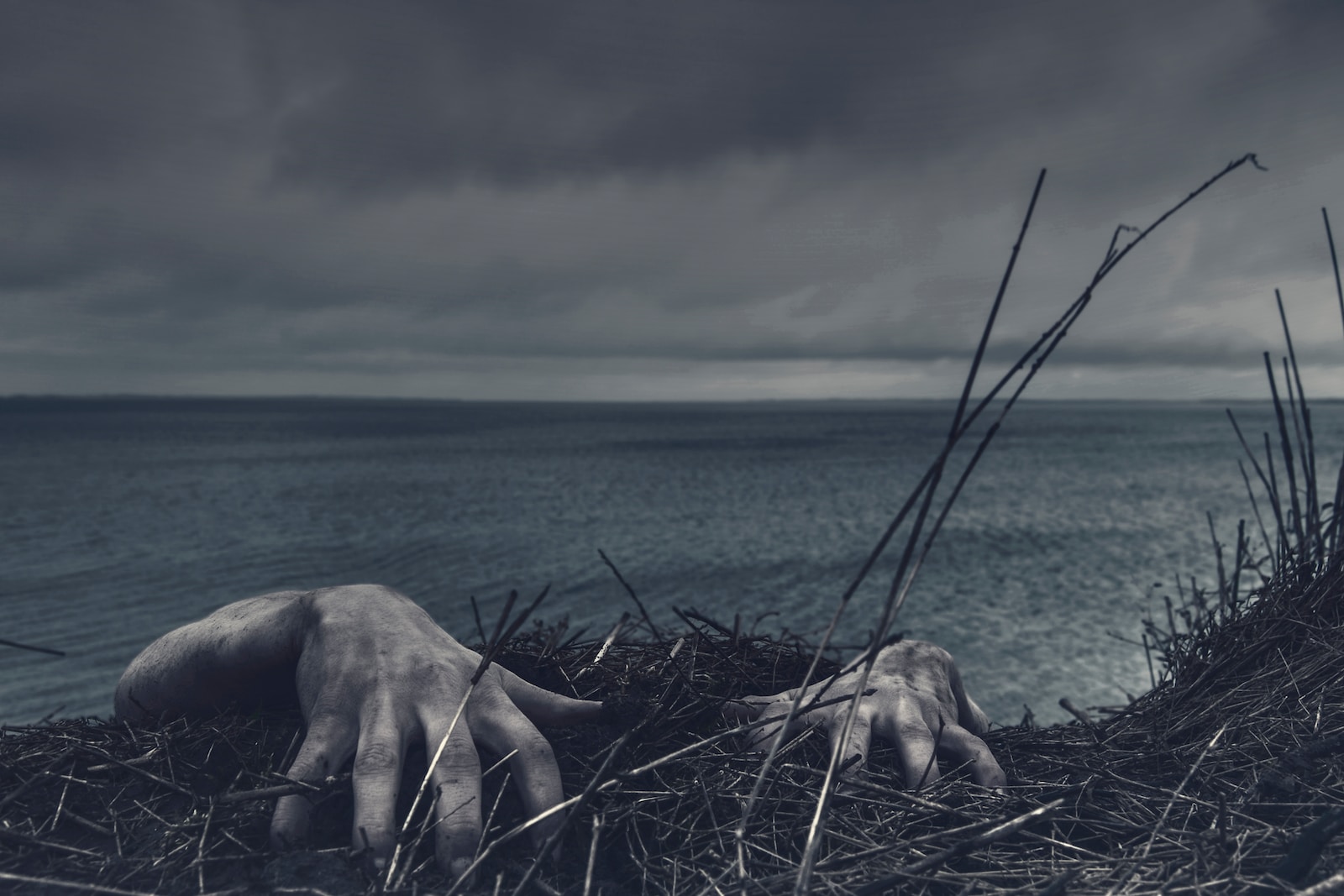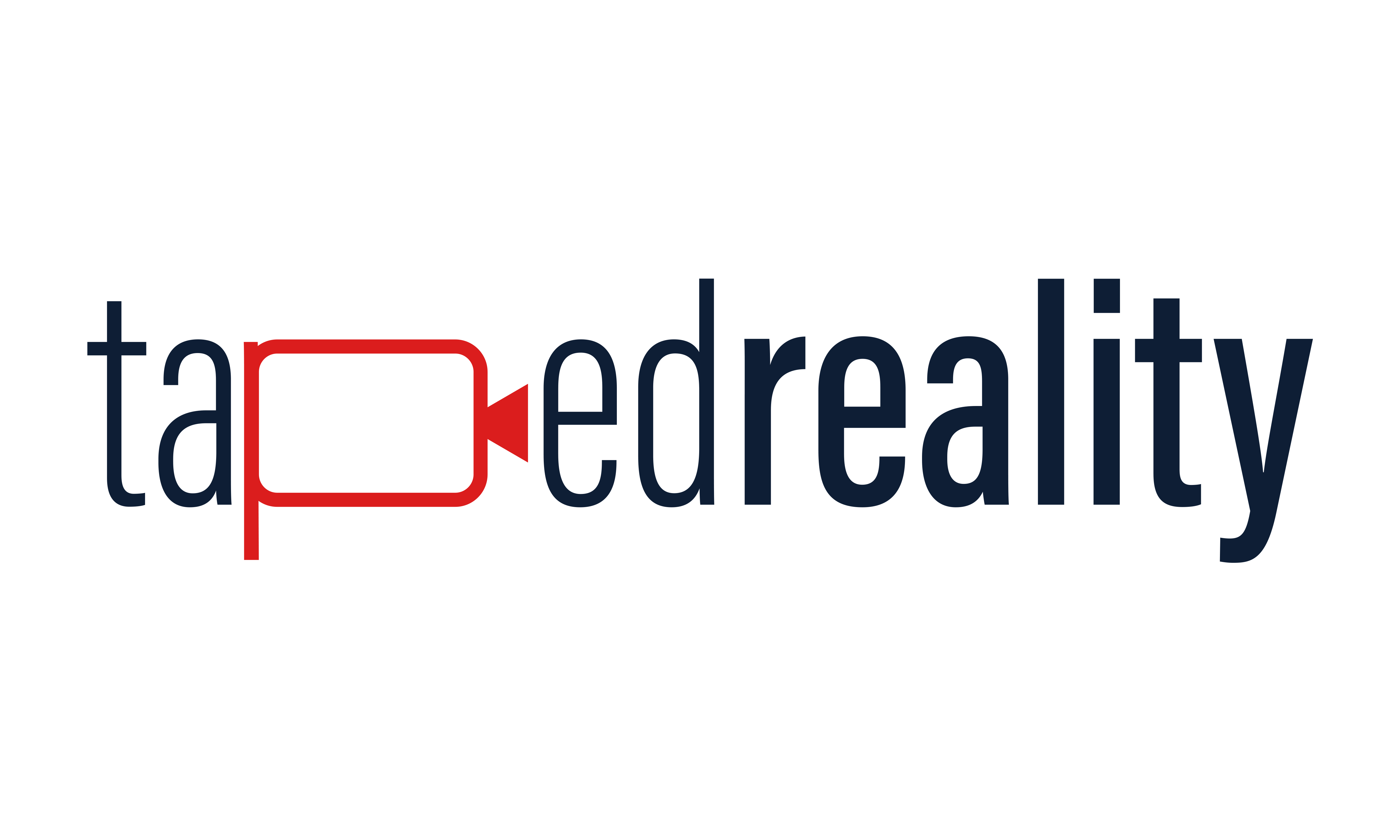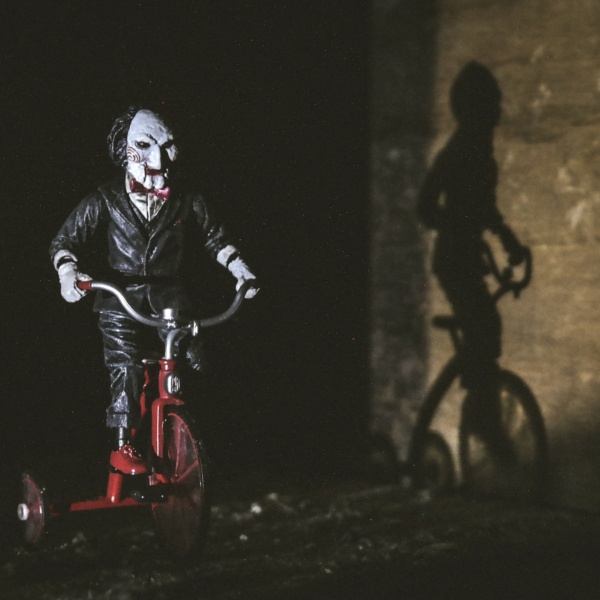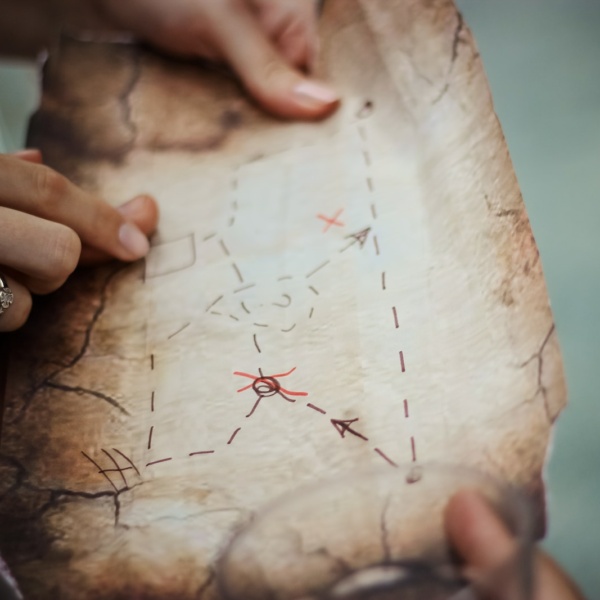
By Emma,
Greetings, dear readers, and welcome to another thrilling installment of our movie blog! Today, we’re diving headfirst into the chilling, spine-tingling world of horror films. Ah, horror—the genre that makes us scream, jump, and clutch our popcorn buckets for dear life. But what is it about this genre that keeps us coming back for more? Join me as we dissect the devilish delights of horror cinema, with a dash of humor and a dollop of human insight.
The Unraveling Mystery of Horror
Before we embark on this bone-chilling journey, let’s tackle the question at the heart of the matter: What is it about horror films that draws us in like moths to a flame? Well, my fellow thrill-seekers, it’s a complex recipe that combines fear, suspense, adrenaline, and a dash of morbid curiosity. Let’s break it down.
The Fear Factor
At its core, horror is the art of fear. It capitalizes on our most primal emotions, unleashing our deepest and darkest fears from the shadows of our psyche. It takes the ordinary—the familiar—and twists it into something extraordinary and terrifying. Think about it: everyday objects like a doll or a mirror can become sources of horror in the right context. It’s like a magician turning a bunny into a beast.
When we watch horror films, we willingly subject ourselves to fear, albeit in a controlled environment. It’s a thrill that taps into our survival instincts, reminding us of our vulnerability in the face of the unknown. We scream, we gasp, and we let out nervous laughter, all while knowing that the terror is not real. It’s a unique form of catharsis, a way to confront our fears without real-world consequences.
The Suspenseful Build-Up
Now, let’s talk suspense—the slow, agonizing anticipation of something dreadful lurking just around the corner. Horror masters like Alfred Hitchcock understood the power of suspense better than anyone. He famously said, “There is no terror in the bang, only in the anticipation of it.” And he was right.
Great horror films don’t just throw scares in your face; they build tension meticulously, like a spider spinning its web. They make you fear the empty hallway, the closed door, or the flickering light. It’s the feeling of dread that gnaws at you, urging you to peek through your fingers, even though you’re not sure you want to see what’s coming.
The Monstrous Imagination
Horror is a genre that thrives on imagination. It takes the ordinary and turns it into the extraordinary, often with a supernatural twist. Whether it’s vampires, zombies, ghosts, or otherworldly creatures, horror lets our imaginations run wild. It taps into our curiosity about the unknown and our fascination with the macabre.
Consider classics like “Dracula” (1931) and “Frankenstein” (1931), which brought iconic monsters to life on the silver screen. These films awakened our imaginations and made us ponder the boundaries of life and death, good and evil. They made us question what it means to be human and what lurks in the shadows of our own souls.
The Adrenaline Rush
Horror films are the ultimate rollercoaster ride for the heart and mind. The jump scares, the eerie music, and the unexpected twists all conspire to jolt your adrenaline levels into overdrive. It’s an experience that leaves you breathless and exhilarated, like a nightmarish carnival ride you can’t wait to ride again.
But it’s not just about cheap thrills. Horror can also provide an adrenaline rush of a different kind—the kind that comes from solving a mystery or outsmarting a monster. When the final girl faces off against the killer or the paranormal investigator confronts the ghost, we’re right there with them, cheering them on and holding our breath.
The Psychological Complexity
Horror isn’t just about things that go bump in the night; it’s also a genre that delves into the depths of the human psyche. It explores our fears, our anxieties, and our darkest desires. It forces us to confront our mortality, our taboos, and our societal and cultural nightmares.
Consider films like “Psycho” (1960), which takes us inside the mind of a deranged killer, or “The Babadook” (2014), which explores the complexities of grief and motherhood. These films are not just about external monsters; they’re about the monsters within us. They challenge us to examine our own fears and the darkness that can lurk in even the most ordinary of lives.
The Genre That Reflects Society
Horror is a genre that often mirrors the fears and anxieties of society at a given time. During the 1950s, when the Cold War and the threat of nuclear annihilation loomed large, we got creature features like “Godzilla” (1954) that tapped into our fear of atomic power. In the 1970s, when the Watergate scandal shook our faith in institutions, we got films like “The Exorcist” (1973), which explored our anxieties about religion and the spiritual.
Even today, horror films continue to reflect societal fears. Movies like “Get Out” (2017) tackle issues of race and identity, while “A Quiet Place” (2018) plays on our anxieties about communication and family dynamics in a noisy world.
The Empowerment of Fear
Believe it or not, horror can be empowering. It allows us to confront our fears in a safe and controlled environment. When we watch a final girl fight off a masked killer or a character confront a supernatural entity, we’re witnessing a form of triumph over fear. It reminds us that even in the darkest of circumstances, there is hope, strength, and resilience.
In a world where we often feel powerless in the face of real-life horrors, horror films give us a sense of agency. They allow us to scream back at the darkness and emerge stronger on the other side.
The Final Scream
As we wrap up our journey through the twisted corridors of horror cinema, one thing is clear: horror is a genre that appeals to our most primal instincts, our deepest fears, and our morbid curiosity. It’s a rollercoaster ride of emotions that leaves us breathless, exhilarated, and sometimes even enlightened.
So, whether you’re a die-hard horror fanatic or someone who watches through parted fingers, remember that horror films offer more than just scares. They provide a unique window into the human psyche, a chance to confront our fears, and a means of exploring the darkest corners of our imaginations.
So, the next time you settle in for a night of cinematic terror, embrace the adrenaline, relish the suspense, and let the monsters under your bed remind you of the power of storytelling to elicit a scream, a laugh, and a thought-provoking shiver down your spine. Happy screaming, my brave cinephiles!


